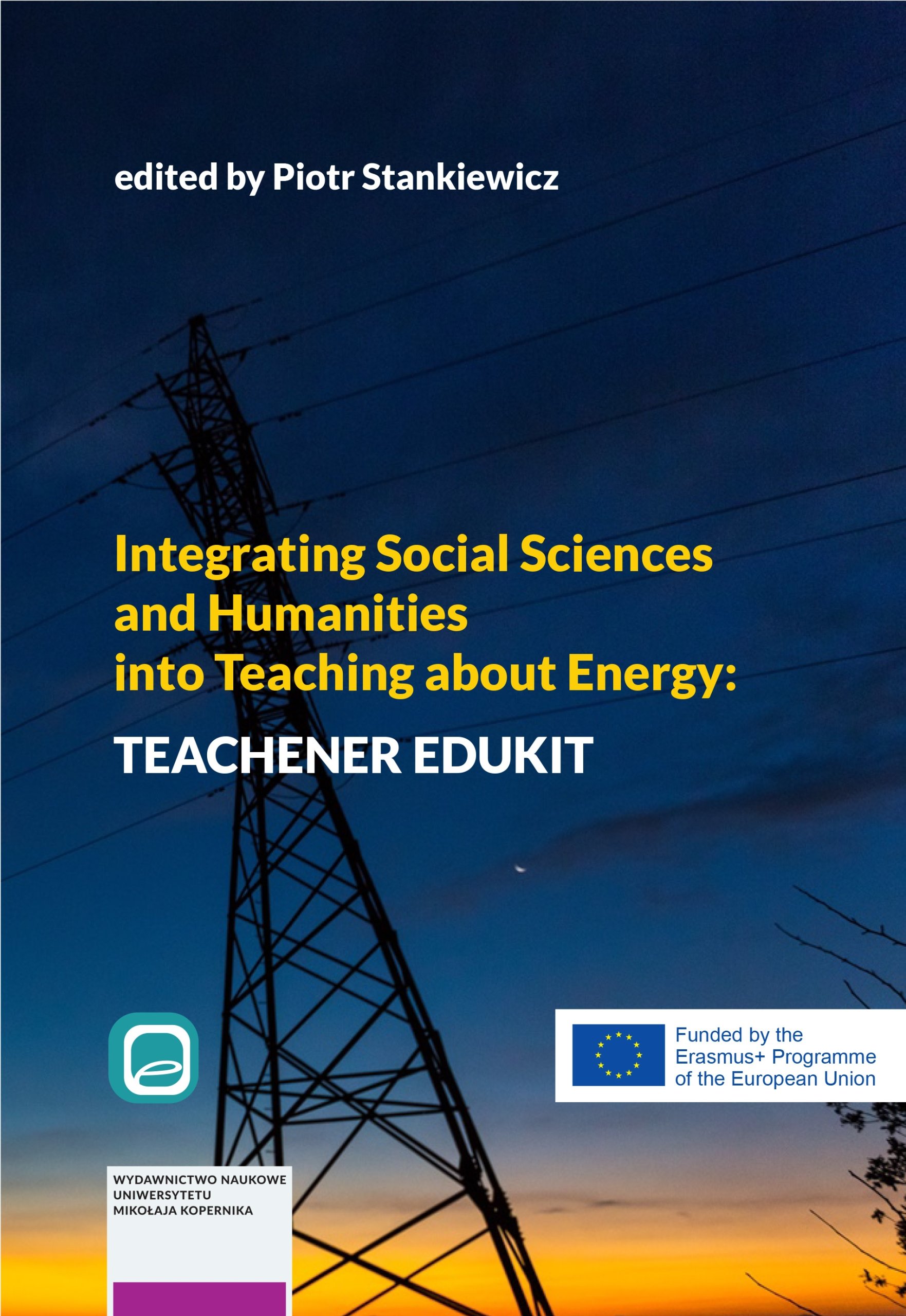Socjolog, pracownik naukowy Instytutu Socjologii Uniwersytetu Mikołaja Kopernika w Toruniu. Stypendysta Fundacji na rzecz Nauki Polskiej, Niemieckiej Centrali Wymiany Akademickiej DAAD oraz Ministra Edukacji Narodowej. Studiował lub przebywał na pobytach badawczych na uniwersytetach w Kolonii, Konstancji i Hamburgu. Zajmuje się problematyką zarządzania rozwojem technologicznym. Doktorat, obroniony w 2008 roku, poświęcił konfliktowi wokół genetycznie modyfikowanych organizmów w Polsce. Od tego czasu koncentruje swoje zainteresowania na zagadnieniach związanych z rozwojem energetyki oraz dialogiem publicznym na ten temat, zarówno jako badacz, jak i praktyk aktywnie działający w tym obszarze. Współpracował z instytucjami samorządowymi i centralnymi oraz organizacjami społecznymi przy prowadzeniu działań informacyjno-edukacyjnych dotyczących poszukiwania gazu łupkowego oraz budowy elektrowni atomowej w Polsce.
Teachener edukit. Integrating Social Sciences and Humanities into Teaching about Energy
autorzy:
redaktorzy:
Piotr Stankiewicz














